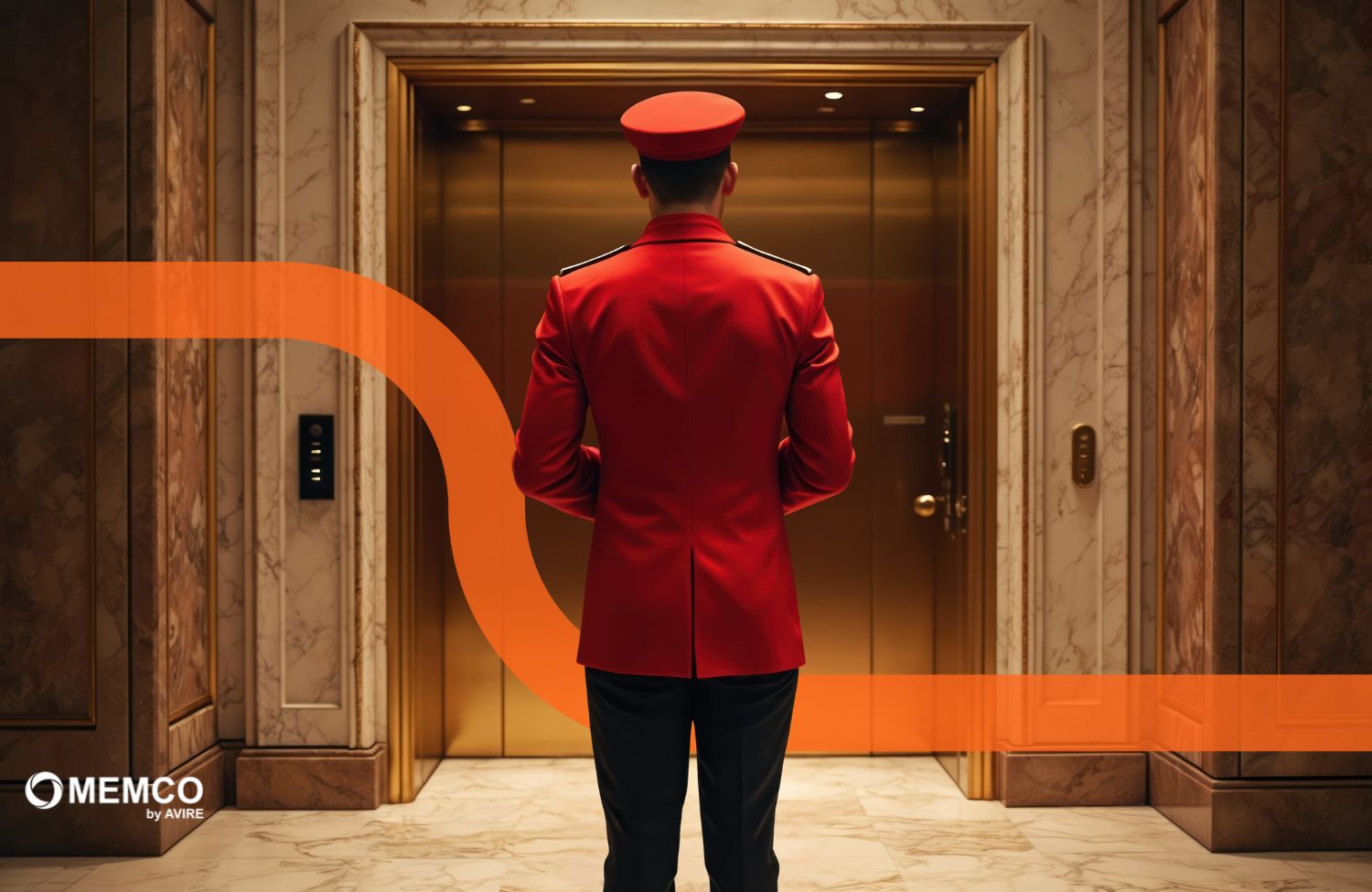
The UK’s analogue telephone network, the Public Switched Telephone Network (PSTN), is set to be fully retired on 31 January 2027, marking a landmark shift in telecommunications infrastructure. Although sometimes framed as a mere technological transition, this move poses a direct and pressing threat to hotel operations, particularly the functioning of lift emergency communications required by BS EN 81-28. Without timely action, many hotels risk compliance breaches, operational disruption, and ultimately guest safety.
A recent industry report found that nearly 70% of businesses reliant on PSTN-dependent systems, including lift emergency phones, have yet to plan their migration strategies, exposing a worrying readiness gap as the deadline approaches.
For hotels, a working lift is far more than a convenience, it is a linchpin of guest experience. From luggage handling to housekeeping rounds, a lift’s failure creates ripple effects across multiple service touchpoints. Critically, EN 81-28 mandates a 24/7 connection to a staffed emergency centre. Should the PSTN line fail after 2027, the law requires lifts to be taken out of service, even if only temporarily.
Yet, amid the alarm, there lies a strategic opportunity. Transitioning to digital alternatives, usually Cellular based systems with IoT SIM solutions or managed service, can guarantee compliance well beyond 2027, enhance reliability via remote monitoring and fault alerts, provide redundancy during power outages with battery-backed systems, and spread budget impact over time, avoiding last minute premium costs. These cellular alternatives offer savings vs land lines also.
GSM (cellular mobile network) alternatives, plug directly into existing autodialler infrastructure and can include roaming SIMs and battery backup, delivering reliable compliance even in the event of power loss. Or if upgrading then the autodialler can be upgraded to a digital alternative which has improved monitoring capability and automated digital call checking for the 72hour test that is mandated under EN81-28.
“Failing to update lift communication systems ahead of the PSTN switch off risks real safety and compliance failures,” warns John Jackson, Country Sales Manager, Northern Europe at MEMCO by AVIRE, a leading lift safety solutions provider. “Hotels must see this not as a cost burden, but an essential upgrade to protect guests, operations, and their reputation.”
To safeguard safety and operational continuity, hotel leaders should audit all lifts to determine which still rely on PSTN for emergency connectivity, engage with trusted lift maintenance or systems providers, and insist on digital or GSM based solutions, not simply like for like replacements. Schedule upgrade timelines now to avoid bottlenecks or supplier premiums as 2027 draws near.
Solutions such as AVIRE’s GSM-based emergency communication systems, such as the DCP Evo, can provide the compliance, reliability, and future-proofing hotels need ahead of the PSTN switch off. To learn more, or to discuss your options, get in touch with the MEMCO by AVIRE team.
E: info@avire-global.com
T: +44 (0)1908 047111
W: https://www.avire-global.com/en-uk







